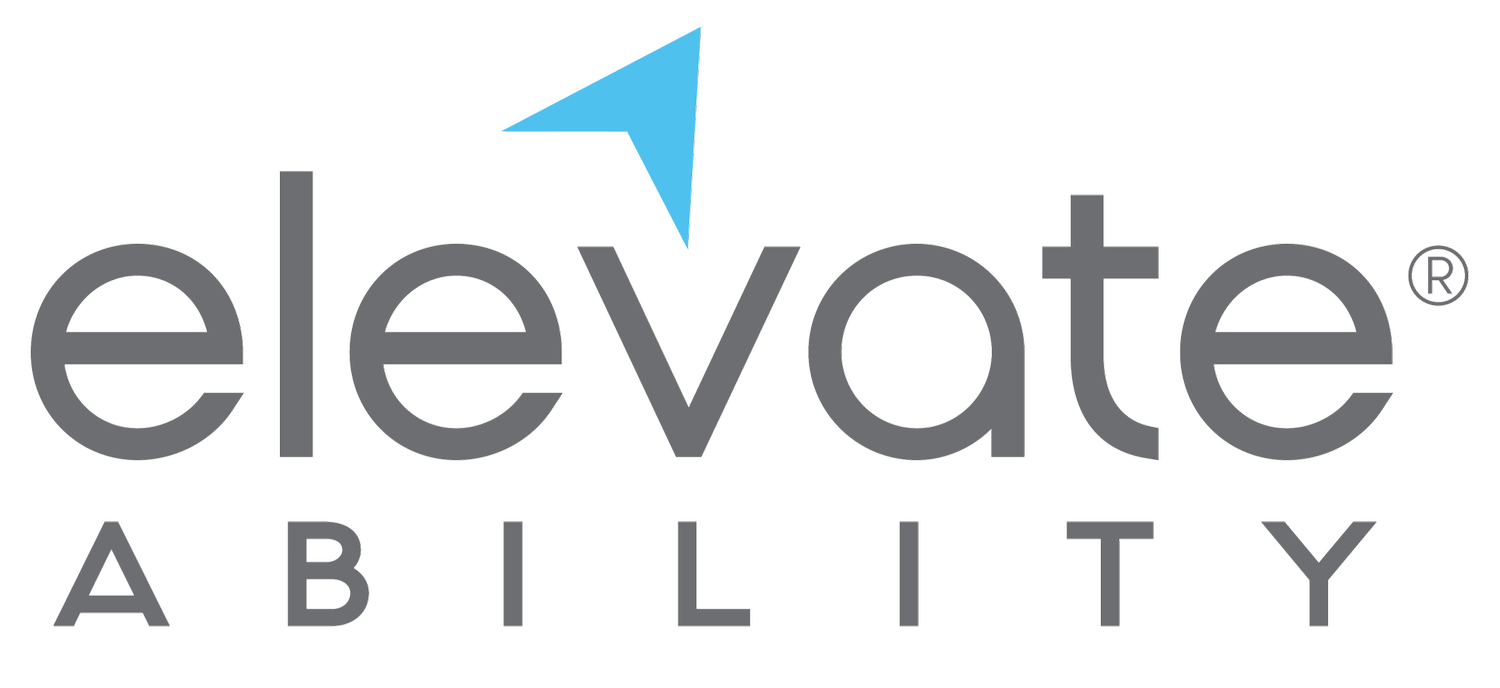Why Specialists Matter
Caregiving is essential—but it’s not the same as teaching. Just like you wouldn’t rely on a general practitioner for complex heart surgery, independence coaching for people with disabilities needs specialists dedicated to skill development—not just general support.
At ElevateAbility, we’ve chosen to specialize—and here’s why it matters.
General Care vs. Specialist Guidance: The Data Speaks
A review of 49 clinical studies comparing generalists to specialists found that specialists outperformed generalists in 24 of them, with better outcomes in areas like diagnosis accuracy, chronic condition management, and adherence to evidence-based practices (Sox, 2001, Annals of Internal Medicine). That’s nearly a 50% better outcome rate—just by choosing a provider with deeper expertise.
When it comes to teaching life skills, the same logic applies. Specialized, focused support delivers clearer, faster, and more sustainable growth.
The Impact of Focused Tutoring
A review of mentorship for youth with disabilities found that structured, intentional mentoring programs significantly improved outcomes in areas like independence, career preparation, and social-emotional well-being (Lindsay et al., 2019, Disability and Rehabilitation).
And tutors with specific training—or lived experience—are especially impactful. These “credible messengers” are more likely to build trust, model realistic outcomes, and inspire sustained effort (Bureau of Justice Assistance, 2021).
It’s not just having a Life Skills Tutor—it’s having the right kind of tutor that makes the difference.
Why General Caregivers May Not Be Enough
More than one in four adults in the U.S. provides unpaid care to a loved one (AARP, 2020). These caregivers are vital—but they’re often stretched thin and working without training, tools, or time to focus on structured teaching. It’s similar with professional caregivers.
Nearly one-third of caregivers report high emotional stress and burnout (National Alliance for Caregiving, 2020). Most are doing their best—but that doesn’t mean they’re equipped to teach.
General caregivers:
Help get through the day
Provide safety and routine
Respond to needs as they arise
Specialists:
Set long-term goals
Teach step-by-step skills
Track progress toward independence
One gets you through the day. The other supports growth.
ElevateAbility: Specialists in Action
At ElevateAbility, we don’t just provide more help—we provide the right kind of help:
Our tutors are trained in life skills instruction, prompting strategies, and goal-setting.
Every session is structured, limited to four hours or less, and guided by the client’s own priorities.
Progress is tracked, documented, and reviewed—so we’re not just spending time, we’re building skills.
Our approach reflects what research consistently shows: focused instruction in life skills produces lasting improvements in independence and quality of life (Bouck, 2012; Test et al., 2009).
The Bottom Line
Caregiving is essential. But teaching independence takes more than support—it takes specialization.
At ElevateAbility, we’re growth-focused. Goal-driven. Progress-oriented. We’re not generalists. We’re specialists—because every client deserves more than care. They deserve the chance to grow.
Want to learn more about how our tutoring model works? Let’s talk. We’ll help you build a plan for lifelong learning, not just short-term support.
